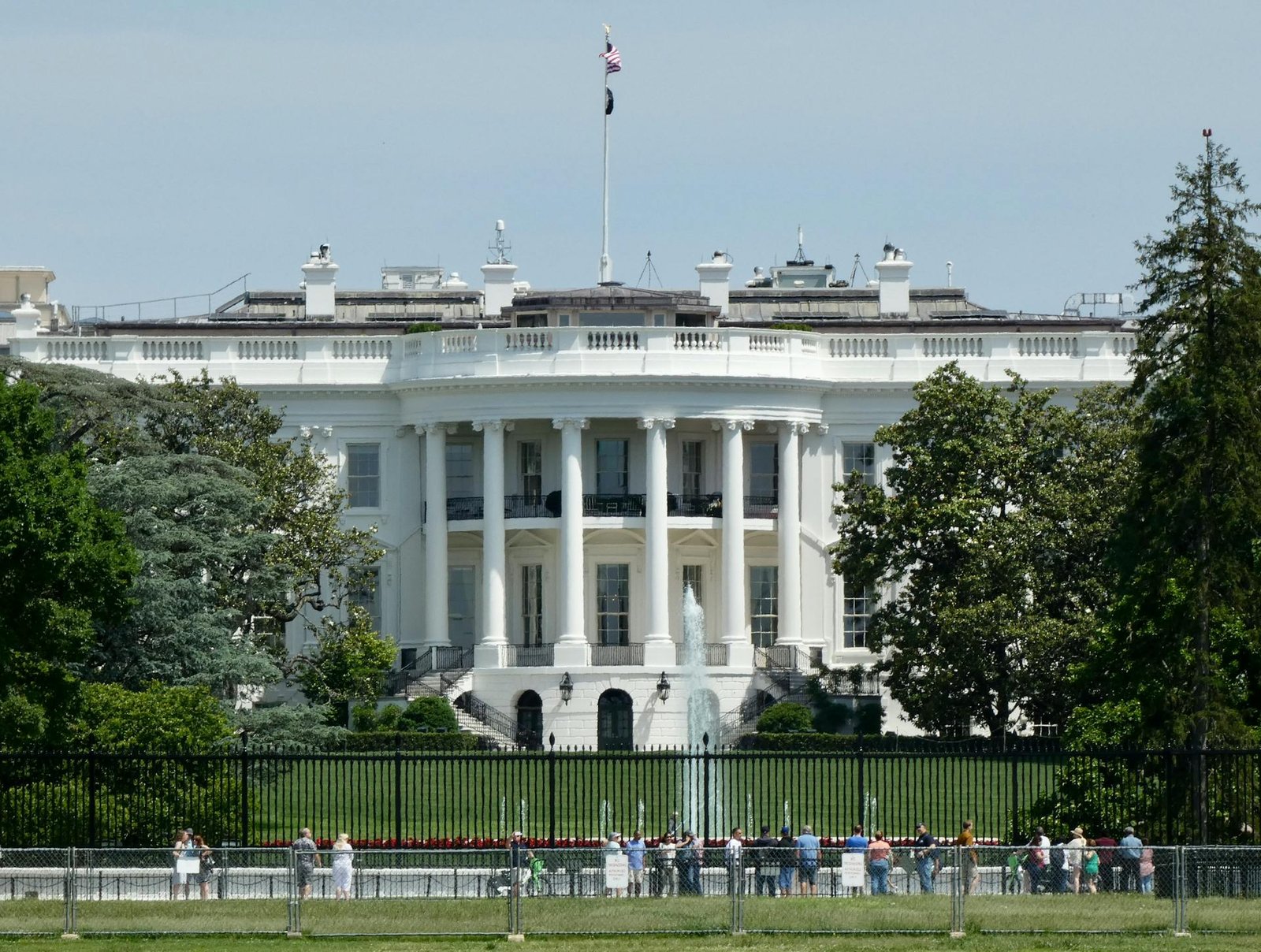As November approaches, all eyes turn to California, a pivotal player in determining the balance of power in the U.S. House of Representatives. The state, often perceived as a Democratic stronghold, holds a surprising number of Republican and independent voters who could sway the congressional landscape. With the GOP holding a narrow eight-seat majority, the outcome of California’s 52 congressional races could be decisive.
The Battle for Competitive Districts
California’s diverse political landscape includes some of the nation’s most fiercely contested districts, particularly in regions like the Central Valley, Orange County, and the Inland Empire. Many of these battlegrounds have Republicans defending seats or Democrats aiming to reclaim them, making for a high-stakes election cycle.
Among the most notable races is District 13, where Republican Rep. John Duarte defends his seat against Democrat Adam Gray in a rematch of their 2022 contest. Duarte’s previous victory was razor-thin, highlighting the district’s competitive nature. Similarly, in District 22, Rep. David Valadao faces Democrat Rudy Salas again, with the prior election decided by a narrow margin.
Key Matchups and Their Implications
- District 27: Rep. Mike Garcia, a Republican and former fighter pilot, seeks re-election against Democrat George Whitesides, an aerospace veteran. The district’s economy relies heavily on the aerospace industry, making both candidates’ backgrounds particularly relevant.
- District 45: Rep. Michelle Steel, a Republican with a strong stance on economic issues and international relations, is challenged by Democrat Derek Tran, a veteran and business advocate. The close voter registration numbers in this district signal another tight race.
- District 47: Following Rep. Katie Porter’s departure to run for Senate, voters will choose between Democrat Dave Min, known for his legal and academic work, and Republican Scott Baugh, with his business and legislative experience.
The Broader Impact
Election outcomes in these and other districts will not only influence state politics but also have national ramifications. Analysts predict that the composition of California’s congressional delegation could determine control of the House, affecting legislative priorities and the political climate in Washington.
The Senate Race
In addition to the House races, Californians will elect a senator to complete the remainder of the late Sen. Dianne Feinstein’s term. This special election adds another layer of significance to the state’s electoral process, with major figures like Rep. Adam Schiff and former baseball star Steve Garvey vying for the seat.
Conclusion
California’s upcoming elections underscore the state’s crucial role in national politics. As voters prepare to cast their ballots, the stakes are high, with the potential to reshape the political landscape both in California and across the country. The decisions made in the Golden State will reverberate far beyond its borders, influencing the direction of the U.S. Congress for years to come.



